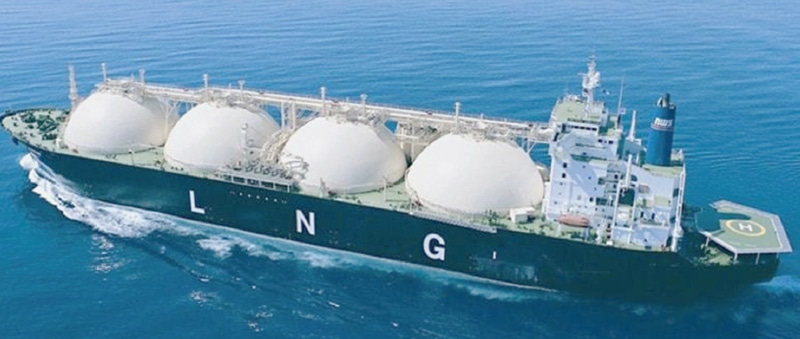Pakistan: The country’s bet on lower liquefied natural gas prices has backfired, forcing Pakistan to pay more for power plant fuel than ever before or face blackouts.
According to reports , Pakistan LNG purchased four cargoes for September delivery at a price of approximately $15 per million British thermal units, the most since the country started importing LNG in 2015.
In the hopes of lower pricing, the importer cancelled a bidding for September shipments that had already closed earlier this month. According to sources, Pakistan’s power producers would be the primary users of the newest shipments, without which the country risks running out of energy. The high expenses are also putting a burden on the budget, as rising energy and commodities prices drove import costs to a new high in June.
The price increases come amid a worldwide natural gas supply shortage, which has pushed prices from the United States to Europe skyrocketing as importers fight for a limited supply of easily accessible fuel. As countries in the area seek to replenish rock-bottom stockpiles, Dutch gas, the European benchmark, is trading at a record high.
The high costs are a setback for Pakistan, which, like other developing countries, constructed LNG import plans on the assumption that the fuel will be plentiful and inexpensive in the foreseeable future, as it has been for many years. This changed this year, and according to Bloomberg estimates, the current spot price for Asian LNG is approximately 67 percent higher than the 10-year average.
While local customers are presently shielded from the fluctuating price of imported gas, the government in Islamabad is contemplating altering some of those rules in order to pass on some of the additional costs. A request for comment from the energy ministry was not immediately returned.










